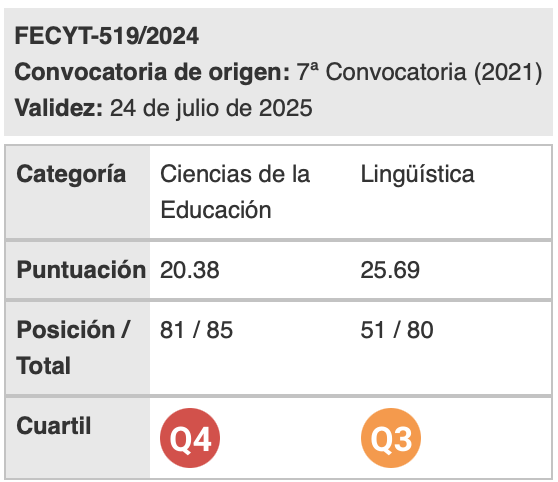Culture-bound references through the prism of domestication and foreignization. A case study of the Arabic-English translation of the novel Dhakirat al jassad
Keywords:
literary translation, culture-bound references, domestication, foreignizationAbstract
This study sets out to investigate the concepts of domestication and foreignization introduced by Lawrence Venuti through examining the transfer of culture-bound references in the translation of the novel “Dhakirat al jassad ذاكرة الجسد” (Memory in the Flesh) by the world's best-known Arab woman novelist, Ahlam Mosteghanemi. A translation that was carried out from Arabic into English by the Lebanese journalist and translator Baria Ahmar Sreihn.
The protagonists (khaled and Hayat) both come from the capital of Eastern Algeria: Constantine, which is also the author’s hometown. Algeria, as the biggest country in Africa, is home to numerous cultures, dialects and even languages. Constantine is thus considered an Algerian cultural and civilization beacon that has its own culture, habits and customs which the Arab reader can feel through the extensive use of culture-bound references by Mosteghanemi. In addition to that, the reader can also feel the French influence in Mosteghanemi’s style, an influence that can be explained by the fact that the French colonialism stayed in Algeria for over 132 years.
We selected 14 occurrences of culture-bound references to be analyzed and criticized from the first chapter of the novel. How did the translator deal with a different culture than hers? How did she render all of the Algerian culture-bound references in English? Were they adapted? Omitted? Or kept as they are? According to Lawrence Venuti, the translator should always choose to foreignize rather than domesticate. On another note, Schleirmacher speaks about two major things from which the translator chooses: “He either leaves the writer in peace as much as possible and moves the reader toward him; or he leaves the reader in peace as much as possible and moves the writer toward him.” We therefore put forth the hypothesis that the translator domesticated all of the culture-bound references in order to “move the writer (and her culture) toward the reader”.
Downloads
Downloads
Published
How to Cite
Issue
Section
License
Authors who publish with this journal agree to the following terms:
- Authors retain copyright and grant the journal right of first publication with the work simultaneously licensed under a Creative Commons Attribution License that allows others to share the work with an acknowledgement of the work's authorship and initial publication in this journal.
- Authors are able to enter into separate, additional contractual arrangements for the non-exclusive distribution of the journal's published version of the work (e.g., post it to an institutional repository or publish it in a book), with an acknowledgement of its initial publication in this journal.
- Authors are permitted and encouraged to post their work online (e.g., in institutional repositories or on their website) prior to and during the submission process, as it can lead to productive exchanges, as well as earlier and greater citation of published work (See The Effect of Open Access).

Revista de Lenguas para fines específicos is licensed under a Creative Commons Reconocimiento-NoComercial-SinObraDerivada 4.0 Internacional License.

























